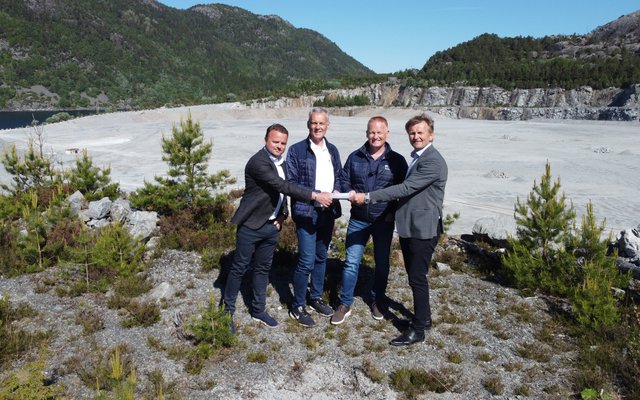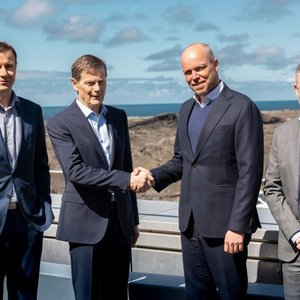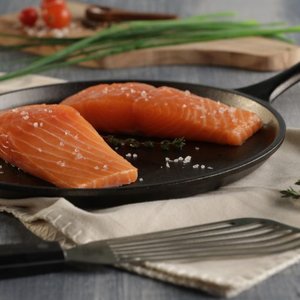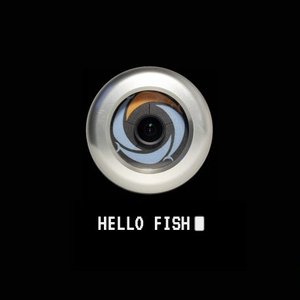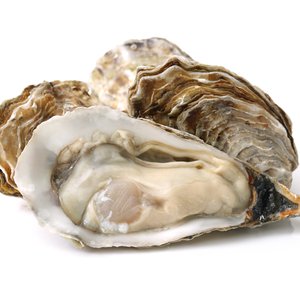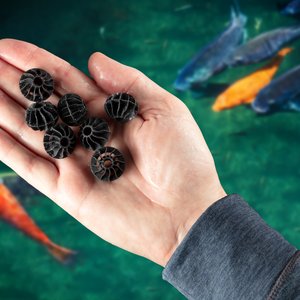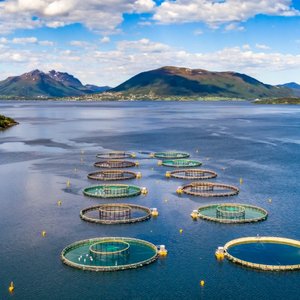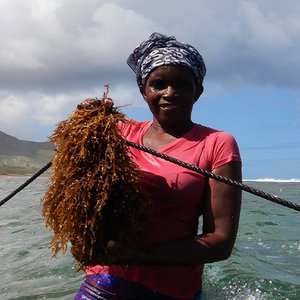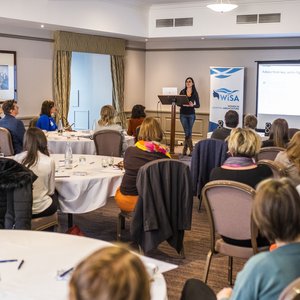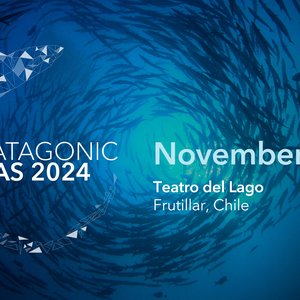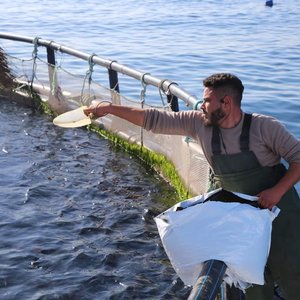Benchmark Genetics signed a five-year agreement with Ecofisk to supply salmon eggs to its facility in Espevik in Tysvær municipality, Norway. The delivery agreement will start in Q1 2023 and will amount to over 25 million Atlantic salmon eggs annually when the project is fully developed. Benchmark Genetics will also contribute technical expertise in the project phase and when the smolt and grow-out facility has come into operation.
Bjørn Inge Staalesen, general manager of Ecofisk, said that they will build the largest integrated land-based fish farm in Norway when it is completed. The facility will produce salmon with a very low environmental footprint. “We have signed a genetics agreement at an early stage because we are concerned about biosafety and want to secure one of the most important input factors for the facility.”
Staalesen says that they have been concerned that Benchmark Genetics has employees with high competence both in the early stages of production and in land-based production in RAS. One aspect of the agreement is that Benchmark will share this expertise and experience with Ecofisk in the design and start-up phase to ensure that the facility is optimally designed for a biosafe production with high animal welfare.
“When we are in full operation, the production will require more than 25 million eggs a year. It goes without saying that we will take in genetics throughout the year, including summertime. Benchmark’s delivery ability on off-season eggs has also been an essential factor in choosing them as our partner,” Staalesen explained.
Geir Olav Melingen, commercial director of Benchmark Genetics, is very impressed with Ecofisk’s project. “The facility provides high flexibility with both post-smolt and full-cycle land-based production. We thought this was exciting, as it will also challenge genetics since parts of the production will be farmed in cages at sea in the last phase, while the other part of the production will be kept on land throughout the life phase. As a genetics provider, we must ensure that the eggs we deliver have the best genetic traits adapted to the different environments in which they grow,” said Melingen.
Melingen previously collaborated with Ecofisk in a land-based facility for salmon in Ürümqi, China.


